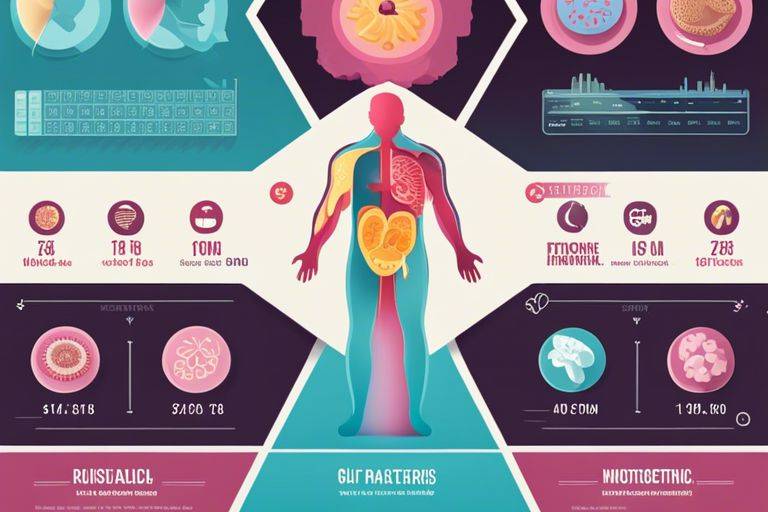It’s fascinating how what we eat can have a profound impact on our gut health. In this post, I’ll share simple and effective dietary changes you can make at home to support a healthy gut. By focusing on incorporating fiber-rich foods, fermented products, and hydrating adequately, you can improve your gut microbiome and overall well-being. Let’s examine the world of nutritious choices that can transform your gut health!
Key Takeaways:
- Fiber-Rich Foods: Incorporate more fruits, vegetables, whole grains, and legumes into your diet to promote gut health.
- Probiotics: Include probiotic-rich foods like yogurt, kefir, and kimchi to support the growth of beneficial gut bacteria.
- Prebiotics: Consume foods high in prebiotics such as garlic, onions, bananas, and asparagus to feed the good bacteria in your gut.
- Hydration: Stay hydrated by drinking plenty of water to help digestion and maintain a healthy gut microbiome.
- Limit Processed Foods: Reduce your intake of processed foods and sugar, which can negatively impact gut health.
- Mindful Eating: Practice mindful eating, chew your food thoroughly, and eat slowly to aid digestion and nutrient absorption.
- Seek Professional Advice: If you have persistent gut issues, consult a healthcare professional or a registered dietitian for personalized recommendations.
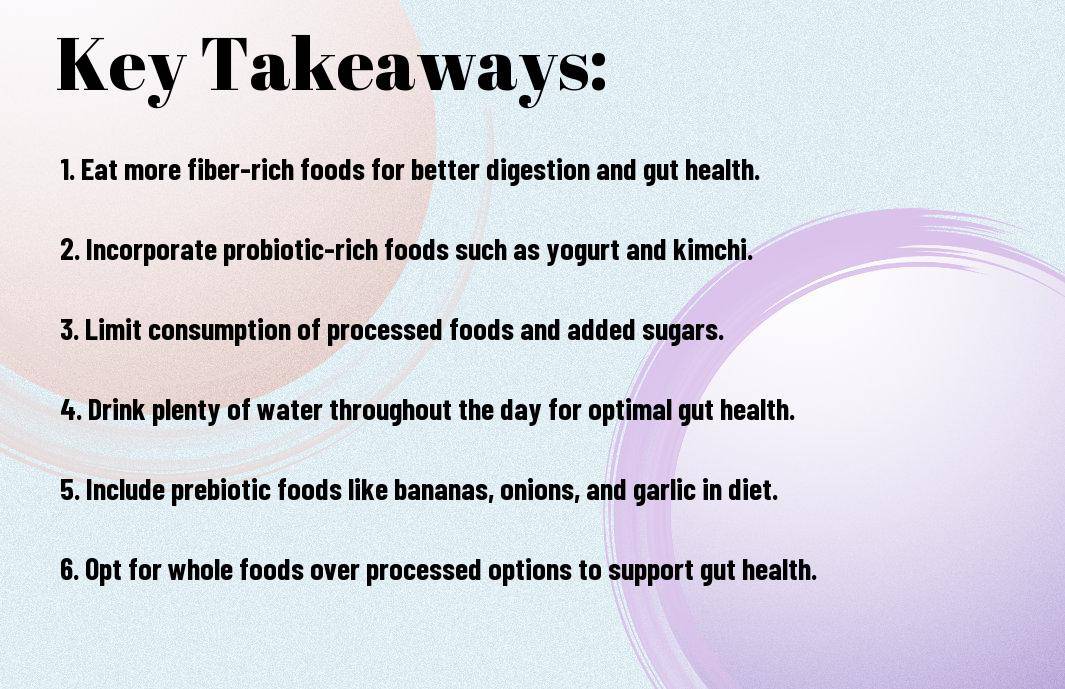
The Importance of Gut Health
While many people may not think about their gut health daily, it plays a crucial role in overall well-being. The gut is responsible for digesting food, absorbing nutrients, and even influencing mood and immune function.
The Gut-Brain Connection
Health experts often refer to the gut as the “second brain” because of its direct connection to the central nervous system. The gut and brain communicate through the vagus nerve, impacting not only digestion but also emotions and mental health.
The Impact of Gut Health on Overall Well-being
Gut health doesn’t just affect digestion; it can have a profound impact on your overall well-being. Poor gut health has been linked to chronic inflammation, autoimmune conditions, mental health disorders, and more. Taking care of your gut can improve energy levels, mood, and even skin health.
For instance, by incorporating fermented foods, high-fiber foods, and probiotics into your diet, you can support a healthy gut microbiome. These foods help promote the growth of beneficial bacteria, which can have a positive impact on your overall health.
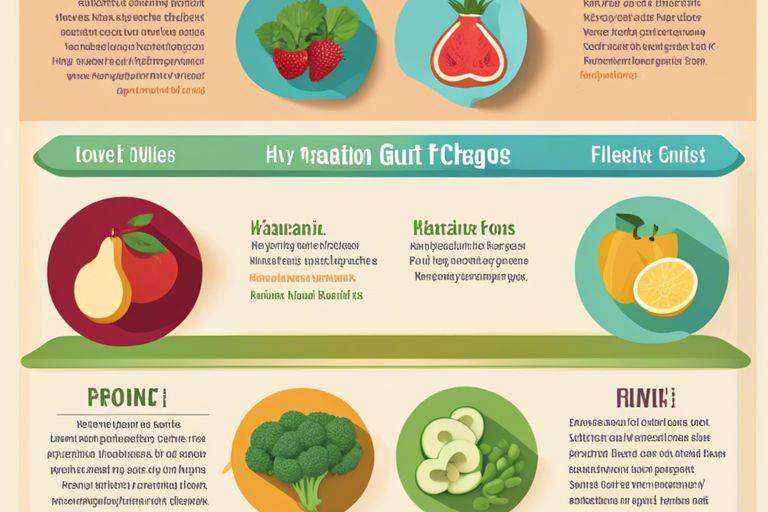
Identifying Gut Health Issues
Common Symptoms of Poor Gut Health
Health issues like bloating, gas, diarrhea, constipation, and heartburn can indicate poor gut health. Chronic fatigue, unexplained weight changes, and skin problems are also common signs to watch out for.
How to Recognize Gut Health Imbalances
Health issues in the gut can manifest in various ways, including food intolerances, frequent infections, and autoimmune conditions. Pay attention to intense sugar cravings, mood swings, and insomnia as they could indicate an imbalance.
Issues like chronic inflammation, hormonal imbalances, and nutrient deficiencies are red flags for gut health problems. If you experience consistent digestive discomfort or mental health issues, it might be time to address your gut health.
Simple Dietary Changes for a Healthier Gut
All How to Improve and Reset Gut Health start with what you put into your body. Here are some simple dietary changes you can make at home to improve your gut health.
Incorporating Fermented Foods
Changes can be as easy as adding fermented foods like yogurt, kimchi, sauerkraut, or kefir to your daily meals. These foods are rich in probiotics, which are beneficial bacteria that promote a healthy gut environment. Incorporating these foods can help improve digestion and boost your overall gut health.
Increasing Fiber Intake
Healthier choices involve incorporating more fiber-rich foods into your diet such as fruits, vegetables, whole grains, and legumes. Fiber acts as a prebiotic, feeding the good bacteria in your gut and promoting a diverse microbiome. Aim to gradually increase your fiber intake to support digestive health and maintain a balanced gut flora.
Reducing Sugar Consumption
An important part of better gut health is cutting down on sugar consumption. Sugar can disrupt the balance of gut bacteria and lead to inflammation in the gut. Try to limit your intake of sugary foods and beverages, opting for healthier alternatives like fruits to satisfy your sweet cravings. This simple change can have a significant impact on your gut health and overall well-being.
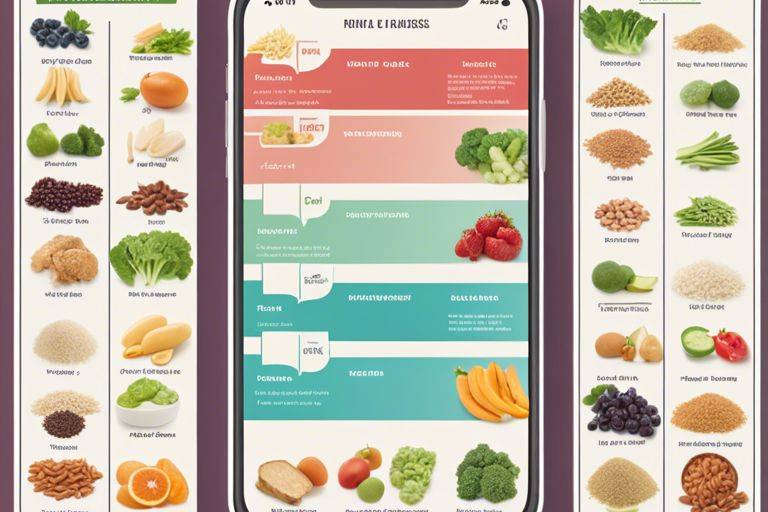
Gut-Friendly Foods to Add to Your Diet
Leafy Greens and Cruciferous Vegetables
Despite their unassuming appearance, leafy greens and cruciferous vegetables are powerhouse foods for your gut health. Rich in fiber, vitamins, and minerals, they promote a healthy digestive system and support the growth of beneficial gut bacteria.
Omega-Rich Fatty Fish
An necessary addition to your diet for a happy gut is omega-rich fatty fish. Consuming fish like salmon, mackerel, and sardines provides Omega-3 fatty acids, which help reduce inflammation in the gut and promote a healthy microbiome.
Another reason to include omega-rich fatty fish in your meals is that they are a great source of protein, making them a satisfying and nutritious option for overall well-being.
Probiotic-Rich Foods like Yogurt and Kefir
Greens
Probiotic-rich foods like yogurt and kefir are necessary for maintaining a healthy balance of gut bacteria. These fermented foods contain live cultures that can help improve digestion, boost immunity, and alleviate gastrointestinal issues.
Fatty
Foods to Limit or Avoid for Better Gut Health
Processed and Packaged Foods
Now, when it comes to improving your gut health, I recommend limiting processed and packaged foods. These foods often contain high amounts of unhealthy fats, sugars, and additives that can disrupt the balance of good bacteria in your gut.
Artificial Sweeteners and Additives
Limiting artificial sweeteners and additives is vital for a healthier gut. These substances can interfere with the natural processes in your digestive system and promote the growth of harmful bacteria. Opt for natural sweeteners like honey or maple syrup instead.
Understanding artificial sweeteners and additives: Many artificial sweeteners and additives can be difficult for your gut to process, leading to inflammation and digestive issues. By reducing your intake of these substances, you can support a healthier gut environment.
High-FODMAP Foods
Health-wise, it’s crucial to be mindful of high-FODMAP foods. These foods can cause bloating, gas, and other digestive discomfort for individuals with sensitive guts. Some examples include onion, garlic, and certain dairy products.
For instance, some individuals may experience significant improvement in their gut health by following a low-FODMAP diet. By eliminating or reducing high-FODMAP foods, you can alleviate symptoms and promote a more balanced gut microbiome.
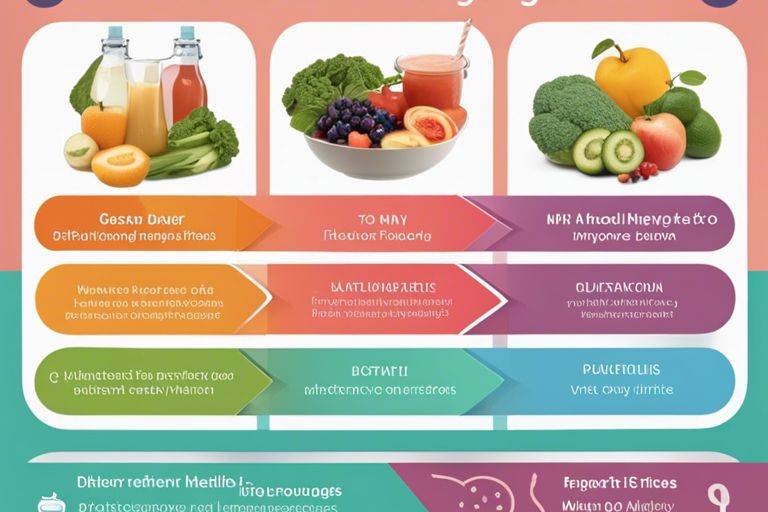
Lifestyle Changes to Support Gut Health
Managing Stress through Mindfulness and Exercise
To improve gut health, it’s necessary to manage stress effectively. Mindfulness techniques such as deep breathing, meditation, and yoga can help reduce stress levels. Additionally, incorporating regular exercise into your routine can also aid in stress reduction and promote overall well-being.
Getting Enough Sleep for Gut Health
Managing a consistent sleep schedule is crucial for supporting gut health. Aim for 7-9 hours of quality sleep each night. Lack of sleep can disrupt the balance of good bacteria in the gut, leading to digestive issues.
Plus, inadequate sleep has been linked to increased cravings for unhealthy foods and weight gain, both of which can negatively impact gut health. Prioritize a good night’s sleep to support your overall well-being.
Staying Hydrated for Optimal Digestion
Health experts recommend staying hydrated to support optimal digestion and overall gut health. Drinking enough water throughout the day helps maintain the mucosal lining of the intestines, aiding in nutrient absorption and waste removal.
Getting an adequate amount of water also helps prevent constipation and promotes healthy bowel movements. Remember to listen to your body’s signals for thirst and keep a water bottle handy to stay hydrated consistently.
Summing up
So, by making simple dietary changes like increasing fiber intake, consuming probiotic-rich foods, and staying hydrated, you can improve your gut health at home. Be mindful of, a healthy gut is imperative for overall well-being, so incorporating these changes into your daily routine can have a positive impact on your health in the long run. As Michael Pollan famously said, “Eat food, not too much, mostly plants.”
Q: What is gut health?
A: Gut health refers to the balance of microorganisms that live in the digestive tract. A healthy gut is important for overall well-being as it plays a crucial role in digestion, nutrient absorption, and immunity.
Q: How can dietary changes improve gut health at home?
A: Dietary changes can improve gut health by promoting the growth of beneficial bacteria, reducing inflammation, and supporting a healthy digestive system.
Q: What are some foods that can help improve gut health?
A: Foods that can help improve gut health include probiotics (such as yogurt and kefir), prebiotics (such as garlic and onions), fiber-rich foods (such as fruits and vegetables), and fermented foods (such as sauerkraut and kimchi).
Q: What are some foods that can harm gut health?
A: Foods that can harm gut health include processed foods high in sugar and unhealthy fats, artificial sweeteners, and antibiotics found in non-organic meats.
Q: How can I incorporate more gut-healthy foods into my diet?
A: You can incorporate more gut-healthy foods into your diet by including a variety of fruits, vegetables, whole grains, and fermented foods in your meals. You can also try adding probiotic-rich foods like yogurt and kefir to your daily routine.
Q: Are there any other lifestyle changes that can promote gut health?
A: In addition to dietary changes, staying hydrated, managing stress levels, getting regular exercise, and getting an adequate amount of sleep can all contribute to improved gut health.
Q: How long does it take to see improvements in gut health with dietary changes?
A: The timeline for seeing improvements in gut health with dietary changes can vary from person to person. Some individuals may notice improvements in a few weeks, while others may take longer. Consistency is key, so sticking to a gut-healthy diet and lifestyle is important for long-term benefits.



